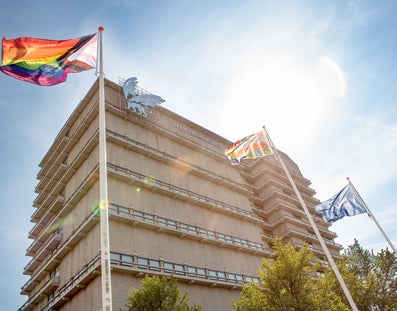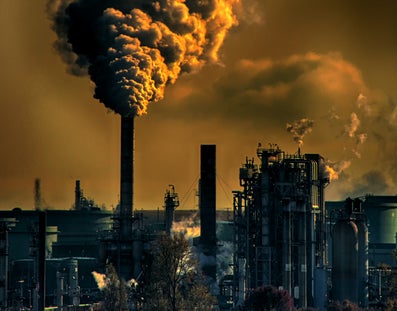On 7 July 2023, Mark Rutte’s fourth cabinet fell. Early elections therefore took place. On 22 November, the Dutch went to the polls to choose who will represent them in government for the next four years. The formation of a new cabinet has started, and the foundations for future government policy are now being laid.
It was an important choice. Due to increasing polarisation, growing inequality, social unease, global tensions and successive crises, the complex issues of our time require a future-proof approach. What that approach is, and by extension what our future will look like, largely depends on the new political landscape.
At Vrije Universiteit Amsterdam, we’re collecting stories around the Dutch election and subsequent the cabinet formation that now takes place, on topics that not only govern the individual election campaigns, but also determine our collective future: social security, climate, healthcare, administrative culture, war and defence, asylum and migration.
To herald the election season, the first Election Debate College Tour took place at VU Amsterdam on 22 October. On 22 November, the Netherlands cast its vote. We will continue to listen, think, advise and discuss over the coming weeks. With a view on all people and society, listening to all voices and perspectives. Because only if all – not most – votes count, can there be an inclusive, fair and safe society.


